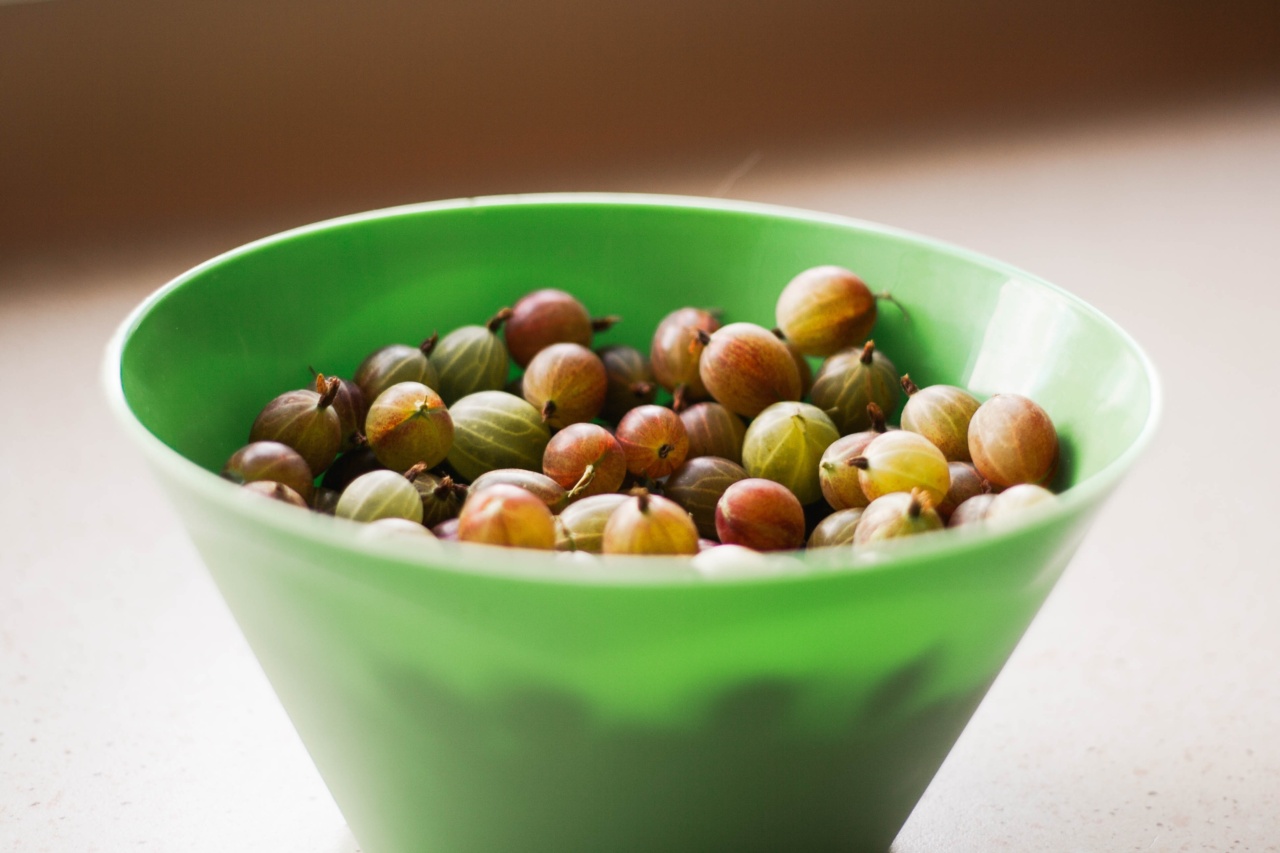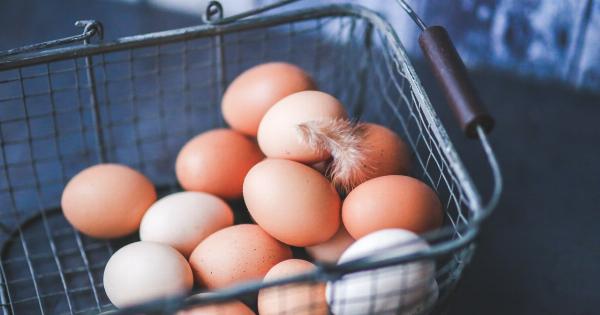In today’s fast-paced world, maintaining a healthy lifestyle is more important than ever. One crucial aspect of a healthy lifestyle is managing your cholesterol levels.
High cholesterol levels can increase your risk of developing heart disease, stroke, and other serious health conditions. Fortunately, making the right dietary choices can help you lower your cholesterol levels and improve your overall health. This article will provide you with a comprehensive list of low-cholesterol foods that you can incorporate into your daily diet.
Fruits and Vegetables
Fruits and vegetables are a cornerstone of a healthy diet and are naturally low in cholesterol. They are also high in vitamins, minerals, and fiber.
Incorporating a variety of colorful fruits and vegetables into your meals can help you maintain healthy cholesterol levels. Some excellent low-cholesterol options include:.
- Broccoli
- Spinach
- Kale
- Carrots
- Tomatoes
- Oranges
- Berries
- Apples
Whole Grains
Whole grains are packed with nutrients and can help lower cholesterol levels. Unlike refined grains, such as white rice and white bread, whole grains retain their nutrient-rich bran and germ.
This makes them an excellent choice for maintaining heart health. Some top choices of whole grains include:.
- Oats
- Brown rice
- Quinoa
- Barley
- Whole wheat bread
- Whole wheat pasta
Lean Protein
While certain sources of protein can be high in cholesterol, opting for lean protein sources can provide the necessary nutrients without raising your cholesterol levels. Some examples of low-cholesterol protein sources include:.
- Skinless poultry
- Fish (especially fatty fish like salmon)
- Legumes (beans, lentils, chickpeas)
- Tofu
- Nuts and seeds
Healthy Fats
Replacing saturated and trans fats in your diet with healthy fats can significantly improve your cholesterol profile. Healthy fats can be found in various foods, including:.
- Avocados
- Olive oil
- Coconut oil (in moderation)
- Nuts and seeds
Dairy Alternatives
Dairy products can be high in cholesterol, but there are plenty of alternatives available that are lower in cholesterol and saturated fat. Consider adding these dairy alternatives to your diet:.
- Almond milk
- Soy milk
- Coconut milk
- Greek yogurt (low-fat or non-fat)
- Cottage cheese (low-fat or non-fat)
Legumes and Beans
Legumes and beans are a fantastic source of plant-based protein and are low in cholesterol. They also contain soluble fiber, which can help lower your cholesterol levels. Some options to include in your diet are:.
- Chickpeas
- Lentils
- Black beans
- Kidney beans
- Pinto beans
Omega-3 Rich Foods
Omega-3 fatty acids are known for their heart-healthy benefits. They can help lower cholesterol, reduce inflammation, and support overall heart health. Some excellent sources of omega-3s include:.
- Fatty fish (such as salmon, mackerel, and sardines)
- Flaxseeds
- Chia seeds
- Walnuts
Spices and Herbs
Spices and herbs not only add flavor to your meals but can also provide health benefits, including helping to lower cholesterol levels. Consider incorporating these spices and herbs into your cooking:.
- Turmeric
- Ginger
- Cinnamon
- Garlic
- Oregano
Conclusion
Incorporating low-cholesterol foods into your daily diet is a simple yet effective way to improve your heart health and lower your cholesterol levels.
By focusing on fruits, vegetables, whole grains, lean protein, healthy fats, dairy alternatives, legumes, omega-3 rich foods, and spices and herbs, you can create a well-balanced and cholesterol-friendly meal plan. Remember to consult with a healthcare professional or a registered dietitian to customize a diet plan that suits your specific needs.




























